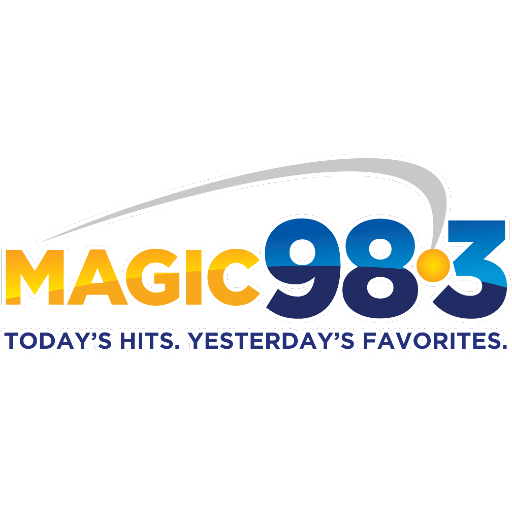The Night Owl’s Plight: Society’s Unhealthy Lifestyle Plans
In a world that seems to never sleep, night owls find themselves swimming against the current. While society embraces the early risers, it often fails to acknowledge the unique needs…

VAN, TURKIYE – JUNE 12: A Long-eared owl (asio otus), found exhausted by 9-year-old Betul Irmak Naz in the garden of her family’s house, is seen after taken under the treatment in Ercis district of Van, Turkiye on June 12, 2023. (Photo by Necmettin Karaca/Anadolu Agency via Getty Images)
(Photo by Necmettin Karaca/Anadolu Agency via Getty Images)In a world that seems to never sleep, night owls find themselves swimming against the current. While society embraces the early risers, it often fails to acknowledge the unique needs and challenges faced by those who thrive in the late hours. Let's take a closer look at how society inadvertently plans an unhealthy lifestyle for night owls.
- Work Schedules: Many workplaces operate on a traditional 9-to-5 model, leaving night owls struggling to conform to early morning routines. Late-night workers often face sleep deprivation, as their biological clock clashes with societal expectations. The resulting fatigue can lead to decreased productivity and potential health issues.
- Social Stigma: Night owls are frequently labeled as lazy or undisciplined simply because their peak performance hours differ from the norm. This social stigma can lead to feelings of inadequacy and a sense of exclusion from societal activities, ultimately affecting mental health and overall well-being.
- Limited Services: From healthcare to entertainment, society often caters primarily to the early birds. Medical appointments, recreational activities, and even grocery stores often operate during standard working hours, making it challenging for night owls to access necessary services without disrupting their sleep schedules.
- Poor Nutritional Options: Late-night food choices are often limited to fast food or unhealthy snacks due to the scarcity of nutritious options. This lack of availability and the subsequent reliance on unhealthy alternatives can contribute to weight gain, poor dietary habits, and related health issues.
- Sleep Disturbances: The relentless noise of daytime activities disrupts the sleep patterns of night owls, who struggle to find quiet and uninterrupted rest during their daytime slumber. This constant disturbance can lead to chronic sleep deprivation and associated health problems.
- Ignored Circadian Rhythms: Society often neglects the fact that night owls have a different biological clock. Expecting them to function optimally during early morning hours disregards their natural sleep-wake cycle, leading to suboptimal performance, decreased productivity, and potential health consequences.
While society may inadvertently plan an unhealthy lifestyle for night owls, it's important to recognize and respect the unique needs of individuals who thrive in the nocturnal hours. Embracing flexibility in work schedules, reducing social stigma, and expanding services and entertainment options during late hours can all contribute to a healthier and more inclusive society for night owls.
It's time we shed light on the challenges faced by night owls and worked towards creating a more accommodating environment that supports their well-being. After all, society should celebrate the diversity of individuals' sleep preferences and ensure that everyone has equal opportunities to lead a healthy and fulfilling life, regardless of the time they find their inspiration.







